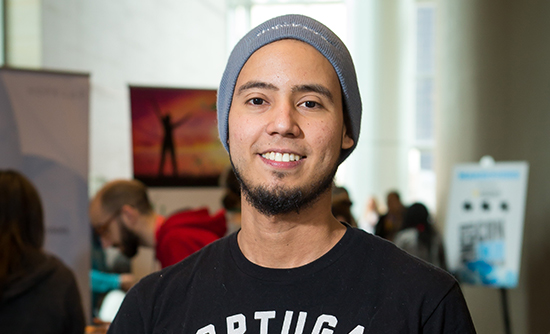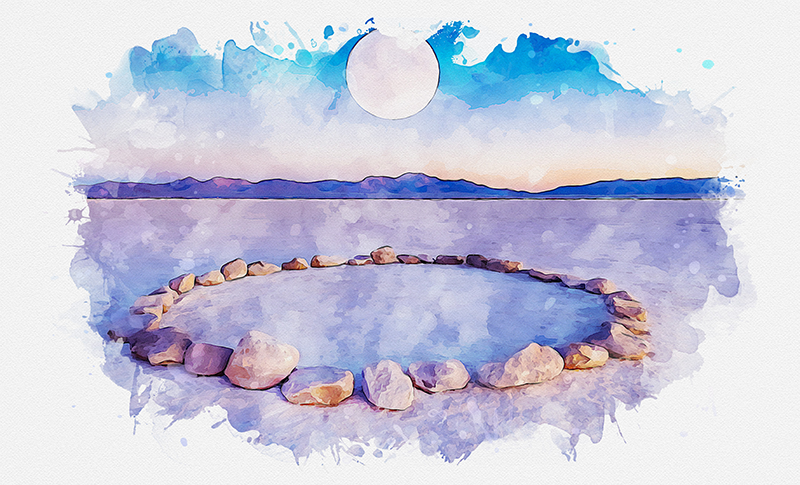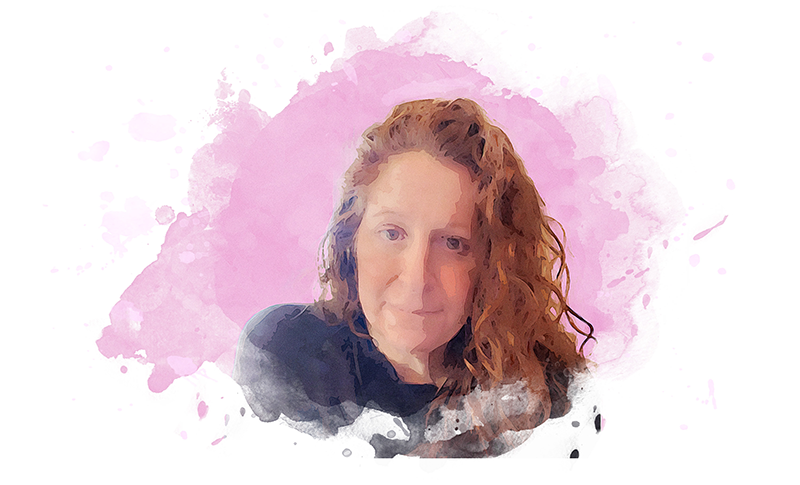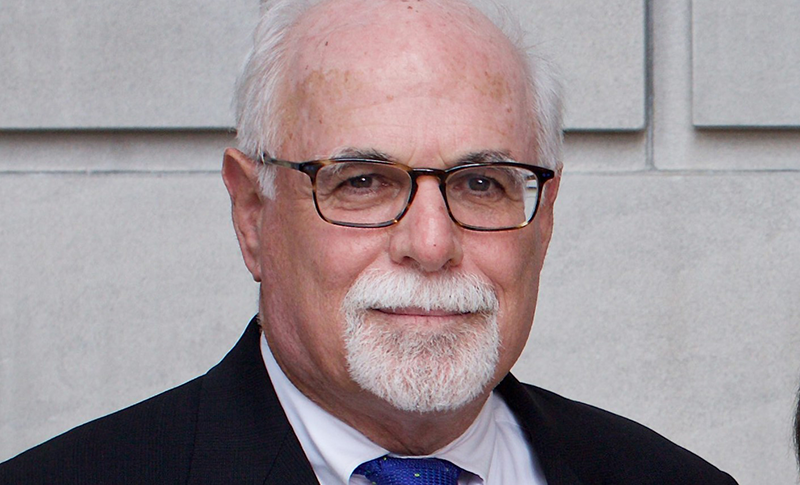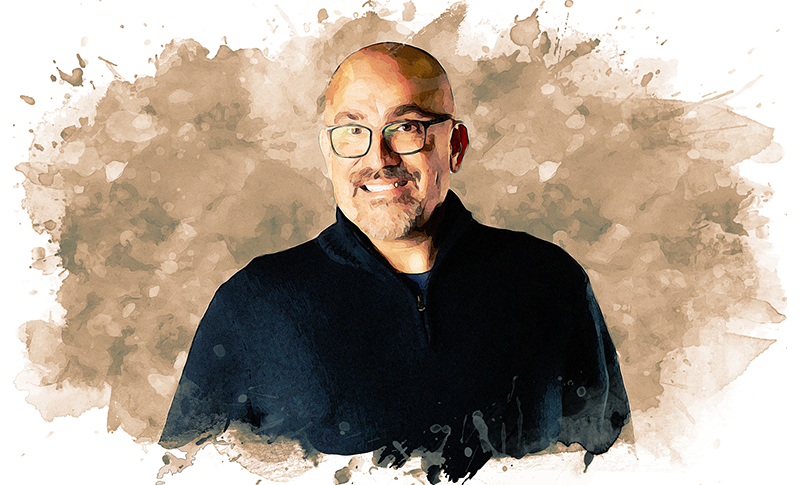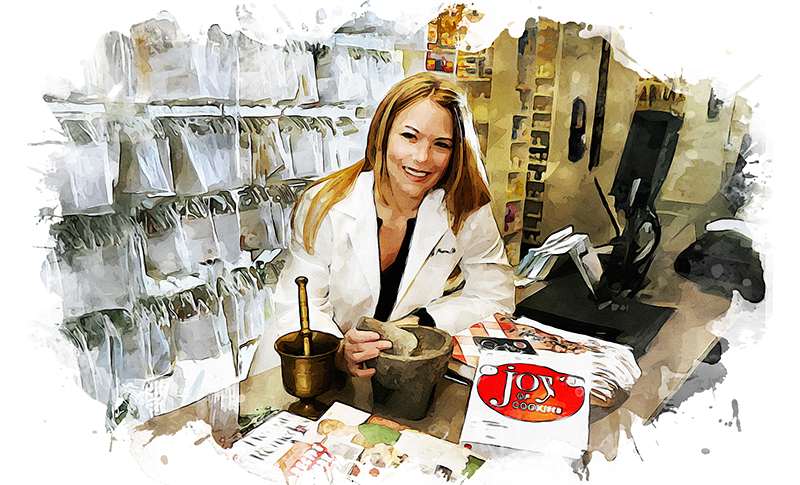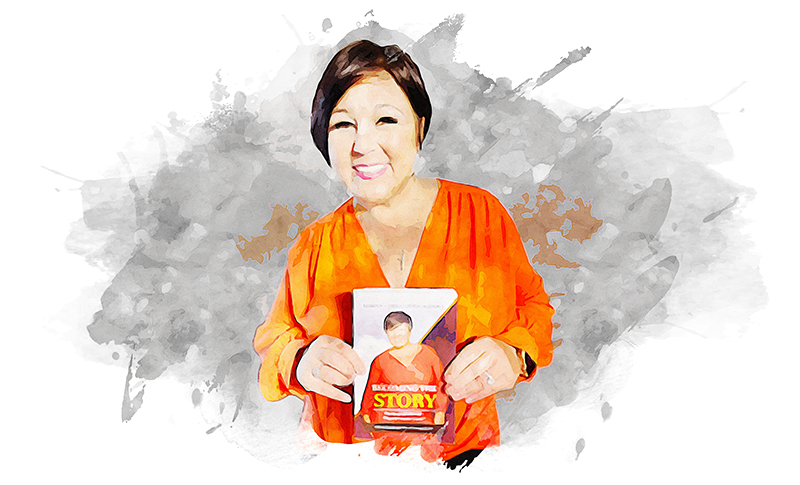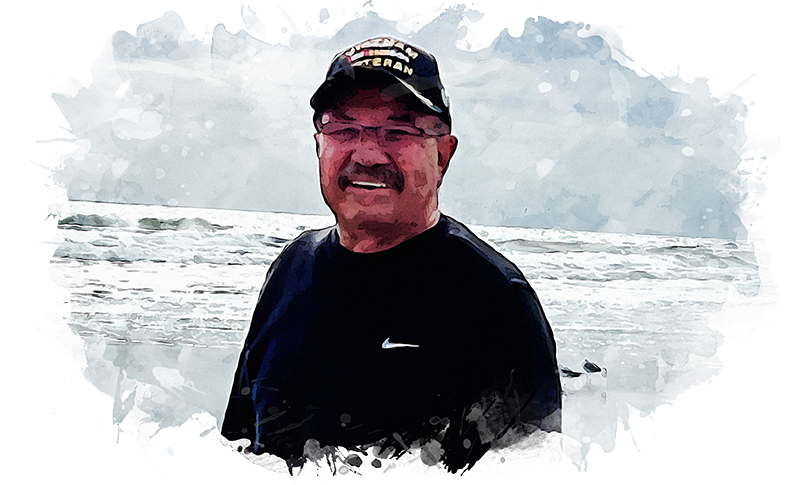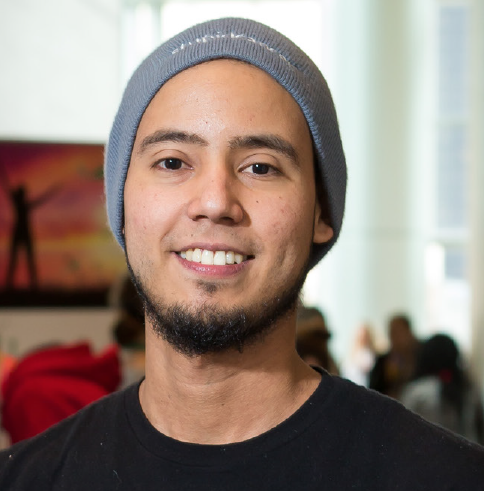
Two months into my stay, I felt physically weak, had random nosebleeds, and discovered 2 lumps in my neck. In a couple of weeks, the pain became unbearable: my liver and spleen were enlarging.
You always think it’s something other than cancer. But the blood test I had at the hospital showed a problem with my white blood cells, and I was told I had acute lymphoblastic leukemia (or ALL), an aggressive type of leukemia that progresses quickly.
Although several family members on my mom’s side died from cancer, there was no genetic connection between their cancers and mine; it was just bad luck.
Getting Care without Insurance
Getting treatment was complicated without health insurance; I was only visiting here. However, because my cancer was aggressive, the hospital started treating me; they did everything they could, but I had to figure out how to get insurance within the first month.
Several insurance companies denied me coverage, but I knew I had no choice—I had to get treatment, or I would have died.
Going home to Honduras didn’t make sense. Many people from Honduras come to the United States for medical treatment. We don’t have the same resources in Honduras as here. Going back to Honduras would have meant giving up, going back to die.
Luckily, the hospital that was treating me had Charity Care, which is reserved for patients who don’t have insurance, or those who can’t pay for treatment of serious conditions. Every few months I had to appeal to them to approve my treatment, and thankfully, each time they did.
GVHD: A Serious Side Effect of Transplant
I received a chemotherapy regimen of several drugs, including cytarabine, daunorubicin, methotrexate, vincristine, cyclophosphamide, and mercaptopurine, which were hard to handle. Although the chemotherapy worked well, after 2 months, my oncologist discovered that I had the Philadelphia chromosome- positive (or Ph+) abnormality, which meant I had to get a bone marrow transplant to reduce the risk of the cancer coming back (relapse).
I had the transplant, which reset the time for my treatment to 1 year. Getting a transplant is also very expensive. So again, my life depended on Charity Care approving the procedure, which they did.
The bone marrow for the transplant came from my sister. But although we were fully compatible, I ended up with a severe case of graft-versus-host disease (GVHD), a side effect of a transplant, and spent 3 additional months in the hospital. My large intestine, small intestine, and liver were all affected. I lost 20 pounds and had to have a gastrointestinal tube inserted, and I received nutrition intravenously to keep me going.
When the doctors began to wean me from the drugs after the transplant, they found problems with my digestive system. I had to go back to the hospital every 2 weeks for treatment for an additional year. The GVHD never fully went away.
I’ve been on the brink of healing 3 times. Every time I think I’ve managed to beat cancer and can move on with my life, a complication appears, and I’m tethered to the hospital again. This sucks.
The Power of the Mind
I’m thinking that one reason I’m still alive is that I never let cancer get to my head. At first, I closed myself off from the world. I was hiding. I couldn’t handle the pain. The journaling I did then is vastly different from my writing now. I was in a dark place.
When I had my transplant I was drugged, weak, and was not completely there. But then I realized (this was very powerful) that I could think. I didn’t have the strength to read or to do many things, but I could think. I’m a mind, a consciousness, a soul.
And in each of the multiple times I’ve faced new pain, I was able to deal with it a little better. My journal entries have become more ordered and less dark, as I’ve become aware that I’m not my body.
Then I realized that a common cold could kill me; that my end could come any number of ways, and I confronted my fear of dying. Being killed by a random car or by cancer—I couldn’t change either. I got peace in the knowledge that I was not in control of anything.
For the past 4 years, every 6 months I’ve been able to extend my permission to stay in the United States. It’s a hustle—letters from doctors, insurance paperwork, and money. Without money, you’ve got no chance to get an extension. None of this guarantees me more or fewer rights than I had when I came in as a tourist. I can’t work or get a job. I still have to rely a lot on family and friends.
Giving Back
I want to be out of limbo. I want to get a job and live like a “regular” human being. I’m eager to go home to see my friends and family. But mainly, I want to give back.
Going through all this made me realize that what matters are the things you do before you die—making an impact on people, helping in some way. I discovered this during some of my darkest days.
I saw a wide range of people—the very young at the children’s hospital where I was treated, and folks older than me at the American Cancer Society lodge, where I stayed—all struggling to find their way through and out of their cancer experience.
All of them needed the kind of support and companionship I found I could give them; it didn’t matter if I was talking to someone 3 times older than me or to a child’s parents. The simple connections we formed, and the conversations we had, showed me I could make a difference.
The United States has become my home, and I owe something to this country for giving me life-saving treatment. None of this was supposed to happen. These are just my circumstances, but they’ve helped me learn I could be doing greater things, and I want the opportunity to do them.
Paying for Medical Care
According to Washington LawHelp, “Federal and state laws require hospitals to provide you certain types of care for free or at a lower cost if you cannot afford to pay for the medical treatment. Charity Care covers ‘medically necessary’ treatment. This includes inpatient hospital stays and emergency room visits.”
For more information on Charity Care, visit www.washingtonlawhelp.org.




